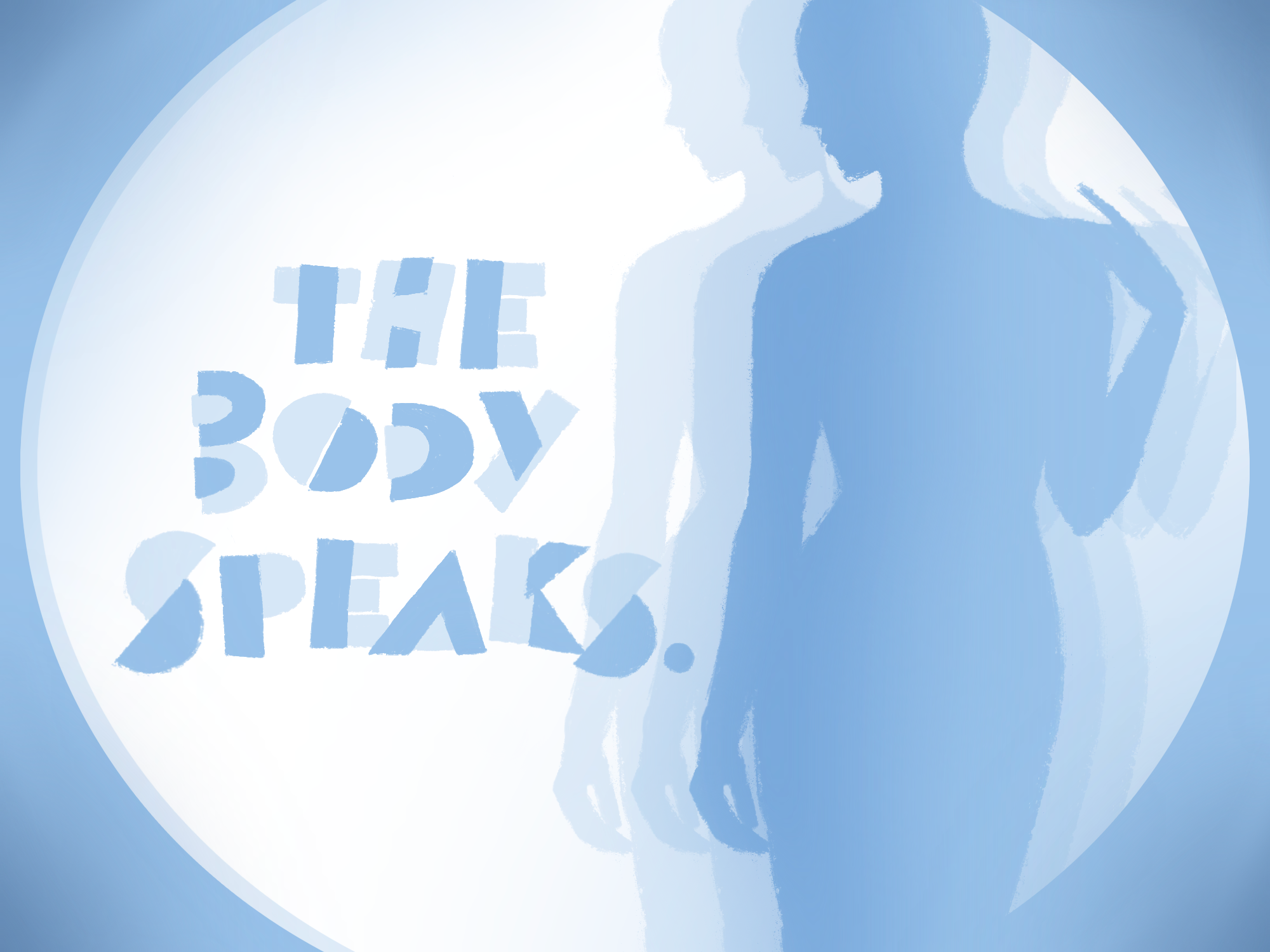In this creative nonfiction series, we explore themes of intimacy and sexual assault, as experienced by Stanford students. Storytellers take agency over their bodies, directing narratives that make their experiences visible. The story was constructed based on verbal interviews with the storyteller, with narrative elements added by the author.
This series is meant to connect people, validate shared experiences and help survivors tell their stories. It is a space for healing, so come in, take your shoes off and make yourself at home. Most importantly, take care of yourself.
Content warning: This series mentions sexual assault and intimate partner violence.
To my abuser,
You reminded me that words have power. I wanted to share some of my own:
I have always loved the chase. Since high school, I’ve always wanted what I couldn’t have. When you entered my life, you presented yourself as exactly that: You listened to my favorite music, you had already gotten into my dream school and you were hopelessly infatuated with someone else. And that was okay. I came from a household that was more caring than loving, as bell hooks says, and real intimacy was something I wasn’t ready for. But you already knew that. You also knew that I wanted to try something real for the first time with you, albeit slowly.
I had always thought of you as intentionally elusive. I thought you were reserved because you were thoughtful. Your silence is still a blessing, but not because of the thoughts it allows you to conceive. Those seem to be full of violence. It is because of what your silence is not: it is not coercive, it is not gaslighting, it is not abusive. Even before I finally got you to exit my life, I would cherish those moments of silence as safety. You could not hurt me if you could not speak.
Some will say our relationship was too short for me to feel the way I do, but I think it was so much longer than it should’ve been. There should be no mandatory sentence served in an abusive relationship.
Sometimes I wonder, “Why did it take me so long to see how truly coercive you were?” The truth is, like so many women, I thought I deserved you. I thought I was lucky to be cared for by you, despite your acts of violence against me. Despite the assault, coercion, stalking and gaslighting, I thought you were redeemable. I wanted to see the best in you because if I didn’t, I would have to confront the reality of my own low self-worth.
Funnily enough, I had always thought of myself as unequivocating when it came to justice. It is easy to read theories about love and abuse, to oppose intimate partner violence, to advocate for others instead of yourself. It is not so easy to realize when to draw the line between redeemable intentions and neglectful impacts.
Beyond that, I’ve found that part of my fear in confronting what you had done to me was rooted in not wanting to feel weak. Weak for trusting you, weak for getting hurt, and weak for needing a community to help me heal. I could sit here and say that I’m not weak. For months, that’s all I did. And countless people affirmed this idea that I was strong for experiencing trauma and fighting back, for being vulnerable about what happened. They’re kind and not completely wrong.
The truth is, though, that when it comes to this situation, I am weak. I still have flashbacks. I still wince when I see you. I still feel consumed by this fucked-up relationship in ways that threaten my sense of self altogether. But my weakness is not stagnant. What I’ve realized in the process of healing is that my weakness is a reminder of who I am. People who do not value other people, who do not value love and respect, who do not value growth, do not feel wounded when the people they trust hurt them. I am weak because you tried to break me and failed. I am weak because I gave to you. I am weak because I worked hard to be good, even if I wasn’t perfect. I am weak because I cared so deeply. I do not regret any of that. I regret you but not the ways I practiced care for you.
So, I feel weak. But I also feel gratitude for the warmth of my loved ones. I feel connected to myself and my body in new ways. I feel hope for the future. And I feel great love for the world, love that you could not poison for me. I want to sit with all of my fears, doubts and anger, and love them like a child. Because my final weakness is my optimism that grows with the day. Not the optimism that ignores the bad, but the optimism that finds bits of joy through the worst days.
People say that strength is the ability to shield yourself from the world. I think they’re wrong. I want to let the world in. I still believe that all we have is each other. I still believe that love heals all wounds. I still believe in the goodness of people. At the end of the day, my greatest power is the choice to leave you behind. The best vengeance is joy, and lately, I’ve been feeling so happy.
